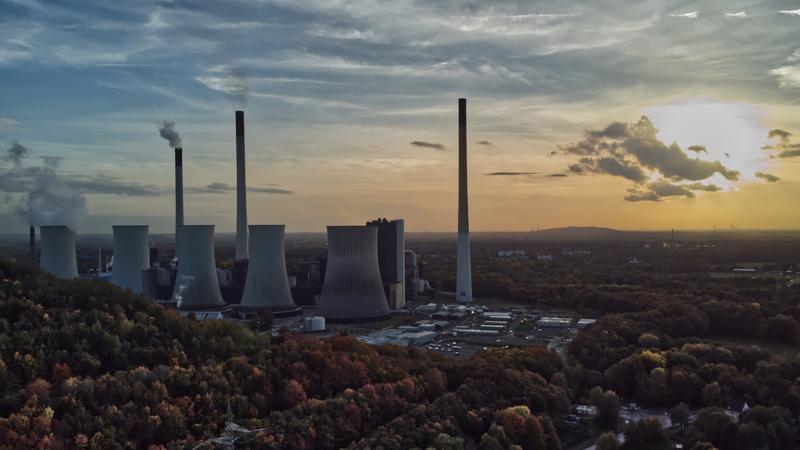Analysts concur that the energy crisis is having a significant economic impact on almost every sector of the European economy and that these issues will not go away until the conflict between Russia and Ukraine is resolved.
Energy costs have skyrocketed due to the Ukrainian crisis, which has also caused international supply chains to be disrupted and inflation rates to increase.
Last week, the European Commission predicted that the 27-nation European Union (EU) would slide into recession this winter, stating that the bloc is “among the most exposed advanced economies” to the impact of the crisis.
The Commission said that strong economic growth in the first half of this year is “set to lift real The EU’s overall GDP growth is projected to reach 3.3% in 2022 well above the 2.7 percent projected in the Forecast for the summer interim.”
However, it said “the outlook for 2023 is significantly weaker for growth and higher for inflation” than forecast earlier due mainly to the conflict in Energy prices in Ukraine are skyrocketing.
Energy prices won’t start to stabilize until there is hope for a resolution to the Ukraine conflict, according to economist Alessandro Marangoni, director of Irex Monitor, an Italian think tank that focuses on the energy industry.
“Are the provisions for economic growth going to be less strong than we initially anticipated by 2024, 2025, or even 2026? That depends entirely on how long the conflict stretches out,” Marangoni stated in an interview with Xinhua.
European nations are taking action to address the short-term risks from energy-related impacts. They are enhancing the capacity of natural gas storage and helping low-income families and energy-intensive industries financially. Analysts, however, said that these actions’ effects would inevitably be limited.
LC Macro Investors Ltd. was founded by Lorenzo Codogno, who serves as its chief economist., told This type of energy crisis typically has three phases, according to Xinhua.
Energy users must pay more for less during the first phase of price increases, which reduces their disposable income. This already took place. Other industries, transportation, and fertilizer industries, as well as other sectors that rely on energy for production, are all impacted by the second phase.

“We are in this phase now, and we have to note that energy is a basic resource for the economy,” he said. “Companies run the risk of ceasing production because their costs are too high to compete with rivals on a global scale. The longer they are off the market, the longer it will take for them to recover, and some may never recover.”
According to Codogno, energy rationing is the third stage. No matter the cost, there isn’t a sufficient supply of energy in this area.
“A supply shock is the most devastating phase because no amount of economic support will make a difference there,” he said. “Although it has not happened yet, this is the situation that policymakers are trying to prevent.”
The first nations to suffer economic losses were Germany and Italy, the two nations that imported the most Russian natural gas at the beginning of the Ukraine crisis.
Now, according to Marangoni, those who are suffering include the European nations that are landlocked and do not have the option of importing significant amounts of liquefied natural gas (LNG), unlike Germany and Italy.
Other nations have advantages by nature, such as Poland, which is heavily reliant on coal reserves, or France, a major producer of nuclear energy.
“No unified energy policy exists in Europe. There are nations that support and those that oppose a cap on energy prices. Some are in favor of stronger sanctions on Russia, others are against that,” Marangoni said. “The effects on the various nations are becoming increasingly diverse as the conflict continues.”
Reference: https://www.chinadaily.com.cn/a/202211/16/WS63743cf9a310491754329f9d.html
